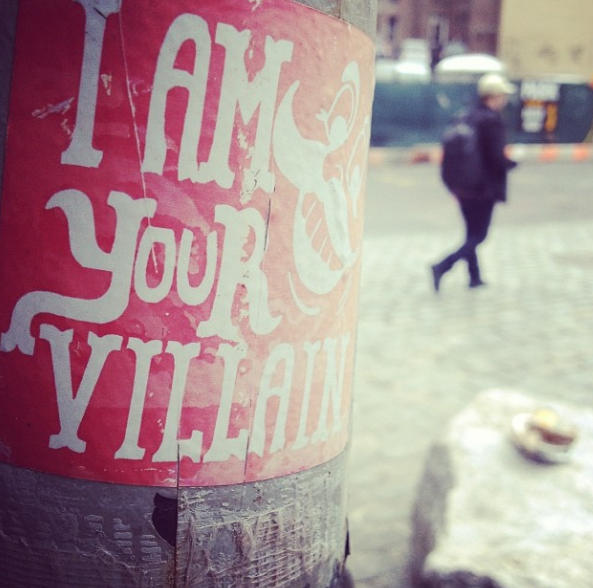

The biggest barrier to starting is finishing.
That’s why so many artists die with their music still in them.
They’re too busy twisting themselves into psychological pretzels, paralyzed by the
wrong questions:
When I’m done writing
this script, then what? What if nobody likes it? What if the final product isn’t
good enough? What if my work gets criticized and compared to everybody else? Or,
what if my audience actually embraces it? Then what? Does that mean I’ll have
to go out there and actually start selling the damn thing?
No wonder people never start.
They’re too afraid to finish.
Psychologically, this makes total sense. Humans have a
natural aversion to completion. We don’t like when things end. Endings
represent loss and change and death and dying and saying goodbye and starting
over.
But as I learned from watching way too many karate movies in
the eighties, the best way to block a punch is to not be there.
And that leads to a different question. One that most
artists never think to ask:
How can I eliminate
the construct of “finishing” from my creative equation?
Simple.
By deciding that my work is never finished.
This proclamation gives me the freedom to approach my creative
process as a fluid experience. Viewing each piece of output as a constantly
evolving organism, within the ecosystem of my larger body of work. As a result,
everything I create is assigned its appropriate home on the artistic continuum.
And with no visible end in sight, the specter of completion never stifles me
from starting.
Because there is no finish line.
